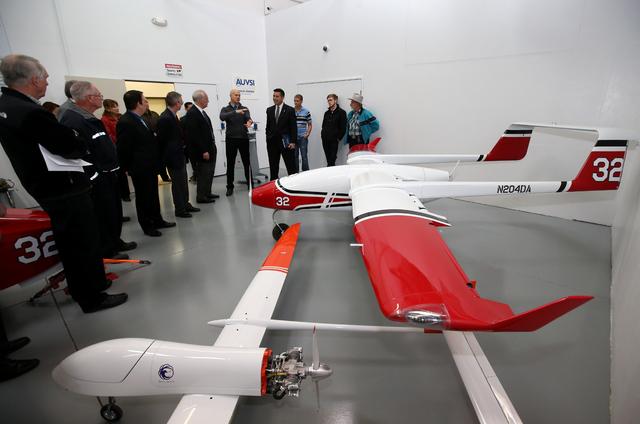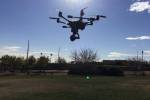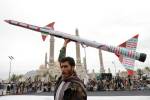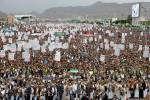Senators express privacy concerns over drones
WASHINGTON — Senators briefed on plans to advance unmanned aircraft for commercial uses cautioned Wednesday that a host of privacy concerns must be addressed before drones are set loose in the nation’s airspace.
“These 20th century eyes in the sky shouldn’t become spies in the sky,” said Sen. Ed Markey, D-Mass. “Flying and potentially spying robots sounds like science fiction but they are a reality right now and the technology is getting cheaper and more accessible.”
At a hearing of the Senate Commerce, Science and Transportation Committee, senators quizzed the head of the Federal Aviation Administration on privacy issues. It was Michael Huerta’s first appearance before Congress since designating six test groups last month — including one in Nevada — to research and develop technology and policy in advance of a 2015 deadline to license commercial drones.
Senators also were told by experts that the United States is lagging, not leading, the world in the use of drones for everyday purposes.
In the United Kingdom, drones can be used for commercial photography, and to deliver food at restaurants and pizza to customers at home, said Marie Cummings of Duke University, who has advised the military on unmanned aerial vehicles.
“In South Africa, music festival fans have been treated to drone beer delivery using a smartphone app,” Cummings said. “And well before Amazon made their recent announcement for drone package delivery, companies in Australia and China beat them to it.”
In Japan, drones have been used for more than 20 years to fertilize crops, said Henio Arcangeli, vice president of corporate planning for Yamaha Motor Corp.
Today, more than 2,600 remotely piloted RMAX drones from Yamaha, each 9-feet long and weighing 140 pounds, treat more than 2.4 million acres of farmland each year, the equivalent of Delaware and Rhode Island combined.
Some senators including committee chairman Jay Rockefeller, D-W.Va., appeared surprised.
“Why are we 20 years behind?” asked Sen. Dean Heller, R-Nev. “Why are we not in the forefront of the world for that matter?”
Huerta said Japanese airspace is “significantly less complex” than in the United States, especially at lower altitudes where drones will operate. He said the FAA expects 7,500 small unmanned aircraft in the skies over the next five years as regulations allow.
“It is important for industry to understand that unmanned operations will evolve over time, just as they have over the past decade,” he said.
Senators kept returning to the same question. When drones are in the air, will they be looking at us, and how can that be regulated?
“I worry about the privacy factor,” Rockefeller said. He said Americans are not conditioned to being observed, compared to citizens of nations with customs of surveillance.
“The Brits are very accustomed to being videotaped 346 times a day,” Rockefeller said. “They just accept that they are part of their lives. It is not part of ours; we don’t think it is.”
Contact Stephens Washington Bureau Chief Steve Tetreault at stetreault@stephensmedia.com or 202-783-1760. Follow @STetreaultDC on Twitter




























